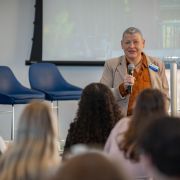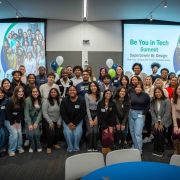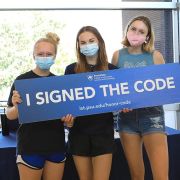
About
Through interdisciplinary and collaborative innovation, we are driving the future of the Information Age.
Opening its doors in 1999, the College of Information Sciences and Technology at Penn State is home to a thriving community of students, scholars, staff, alumni, and friends. Through innovative research and a student-centered approach to interdisciplinary education, we are delivering on the college's founding mission to prepare leaders for the Information Age. Our passionate students, renowned faculty, and supportive alumni network have propelled the college to forge new frontiers and create a meaningful impact at Penn State and beyond.

Recent News
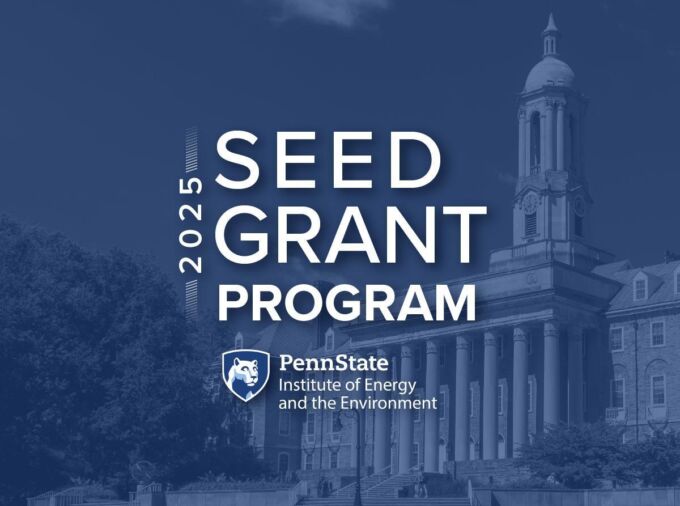
June 24, 2025
Ten interdisciplinary research teams awarded IEE seed grants

June 16, 2025
IST cybersecurity graduate named RSA Conference Security Scholar
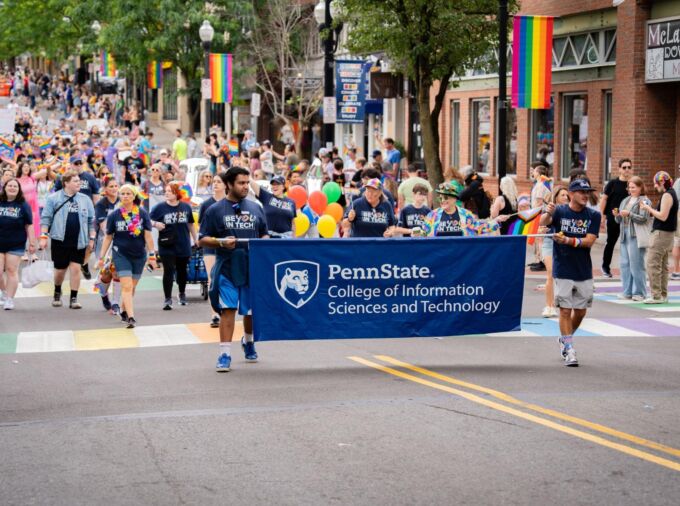
June 09, 2025
College of IST participates in State College Pride Parade
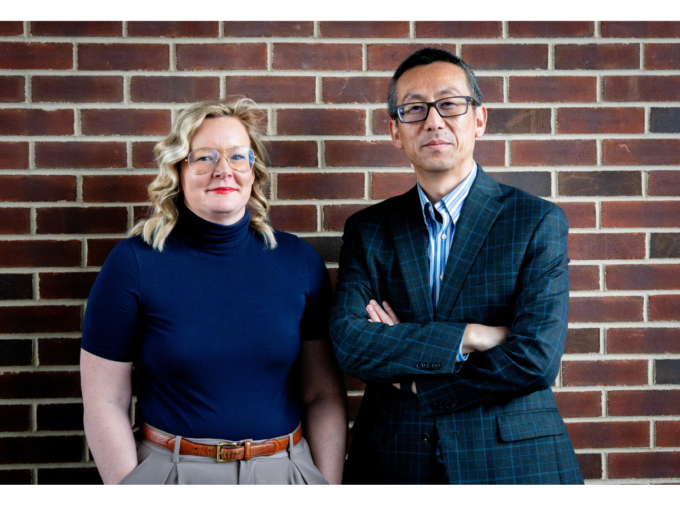
June 04, 2025
$2.9M grant funds study on long-term effects of adolescent binge drinking
Upcoming Events
Aug
04
Discover Lockheed Martin - Engineering Related Majors
Date & Time: August 4, 2025, 12:00 pm–1:00 pm
Aug
05
Discover Lockheed Martin - Finance & Business Operations Related Majors
Date & Time: August 5, 2025, 8:00 pm–9:00 pm
Aug
04
Discover Lockheed Martin - Engineering Related Majors
Date & Time: August 4, 2025, 8:00 pm–9:00 pm
Aug
05
Discover Lockheed Martin - Finance & Business Operations Related Majors
Date & Time: August 5, 2025, 12:00 pm–1:00 pm

